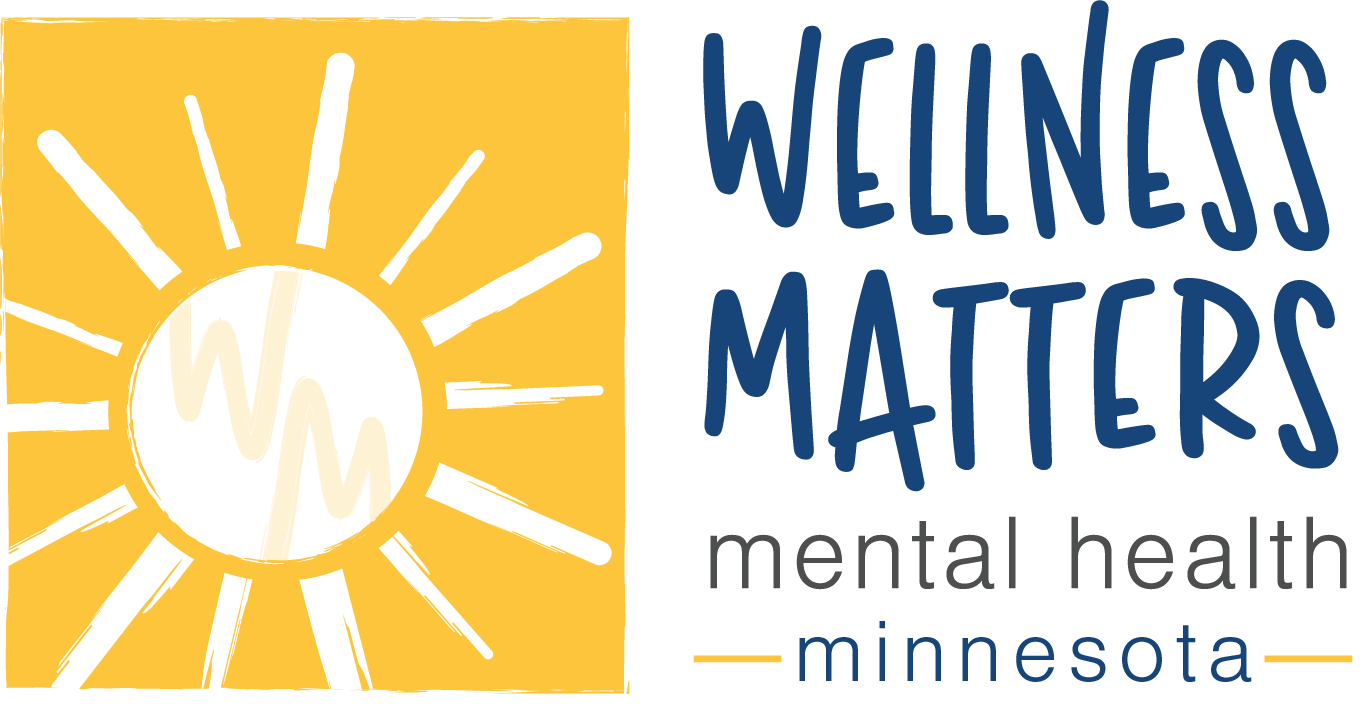Conflicted, fractured, disconnected, or estranged relationships are often a major source of personal pain and suffering. Exploring your side of the equation can be helpful for changing the trajectory of a dynamic that is veering off-course or that is unsustainable in its current state.
Relationship Counseling versus Couples Counseling – What is the difference?
While the therapists at Wellness Matters do not provide couple’s counseling (i.e., both people in therapy together at the same time), we do provide individual counseling to people who want to improve their relationships by focusing on “that which we can control.”
While it is true that no person can change another person, it is also true that when one person changes their “way of being” in a relationship (i.e., using different communication strategies, regulating their emotions, implementing healthy boundaries, focusing on their own healthy self-care, etc.), it often changes the interpersonal dynamic. In other words, if we no longer “take the bait” and choose not to engage in the same, repetetive argument, there is a shift in the interpersonal dynamic.
Do you find yourself growing farther and farther apart from your partner or family member?
Has unresolved conflict led you to staying quiet in order to avoid arguing? Are you lonely even though you are in a committed relationship? Does everything they say or do irritate or annoy you?
Can your on-going conflicts be overcome?
Do you wish that you could just get along and enjoy your loved one’s company? Are you worried that it’s “too late”? Are you wondering how it would be possible for counseling to help when you’ve tried everything, and nothing has helped? Are you reluctant to share about how bad things have really gotten?
Relationship counseling is a deep dive into unhealthy patterns.

We will aid you in exploring how your unique background shapes your perspectives, wants, needs, and interpersonal strategies. You will strengthen those that are working. You will identify those that are unhelpful. You will learn and practice healthier alternative methods for getting your needs met.
You will discover a way to find the strengths in your differences.
You will learn how to stop “assuming,” move away from “absolutes” (i.e., always/never), shift from “winning the argument” to “solving the problem,” and practice using “I” statements for healthier, more constructive discussions.
There is hope that you can feel better, even if your partner or family member is not willing to do their own individual work!
One person getting help and implementing alternative ways to communicate and cope in healthy ways can have a ripple effect.
Caregiver Fatigue
Are you physically, emotionally, and mentally exhausted from caring for a family member?
Are you getting sick more often? Do you feel irritable, blue, or hopeless? Have you withdrawn from friends and family? Do you feel guilty about spending time doing things for yourself?
As airplane passengers, we are instructed to put on our oxygen masks first before assisting others. As caregivers, we are often so busy caring for and trying to fulfill the demands of others that we neglect our own emotional, physical, and spiritual health.
We can help!
We are here to listen to you as you share your concerns. We understand that caregivers may not feel comfortable opening up to family and friends because we also know that it is acceptable to “put on a brave face.”
We can help you sort out and clarify roles, expectations, and demands. We can help you find a path forward that supports your physical and mental health. Not only can we meet with you, be we can also connect you to other local resources that meet your needs—if that is what you desire.
For more information about Wellness Matters’ therapists, please see About Us – Wellness Matters.
In-person and On-line appointments are available for Trauma Matters
After completion of your initial assessment appointments, you can choose where to have your session. If you feel that you would benefit from face-to-face, in-person contact, appointments at the Wellness Matters clinic in Park Rapids, MN.
If privacy and conveniece are over-arching needs, on-line therapy sessions — also known as telehealth, teletherapy, telemedicine, e-visits and virtual care –are available utilizing your computer or smart phone.
For more information on on-line appointments, please check out the “on-line therapy” tab.
Contact Wellness Matters for a free 15-minute consultation or to make an appointment:

